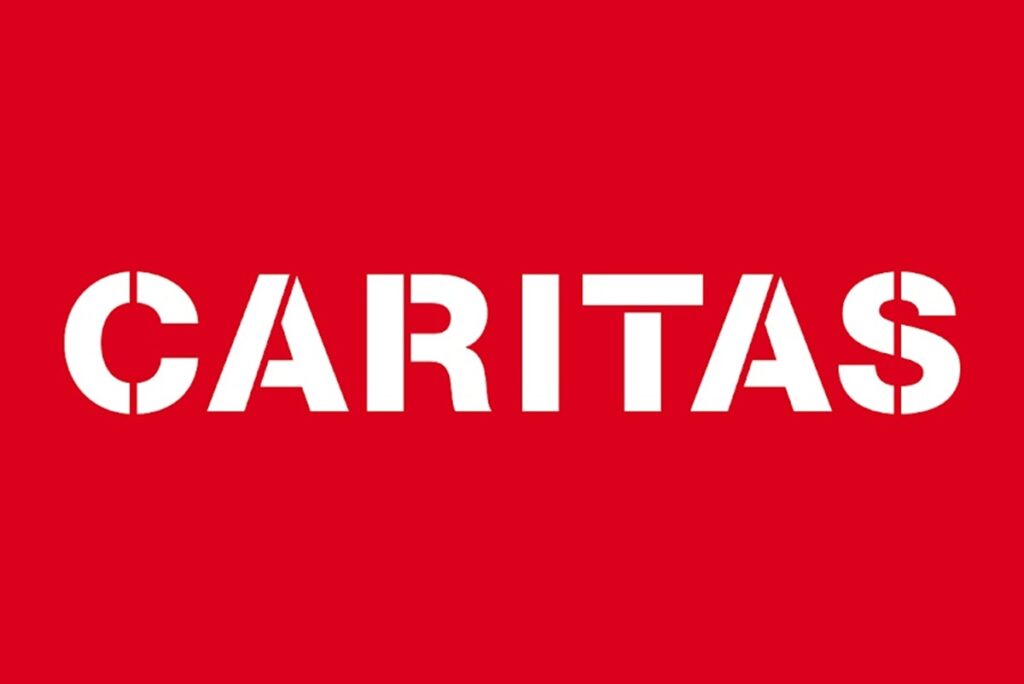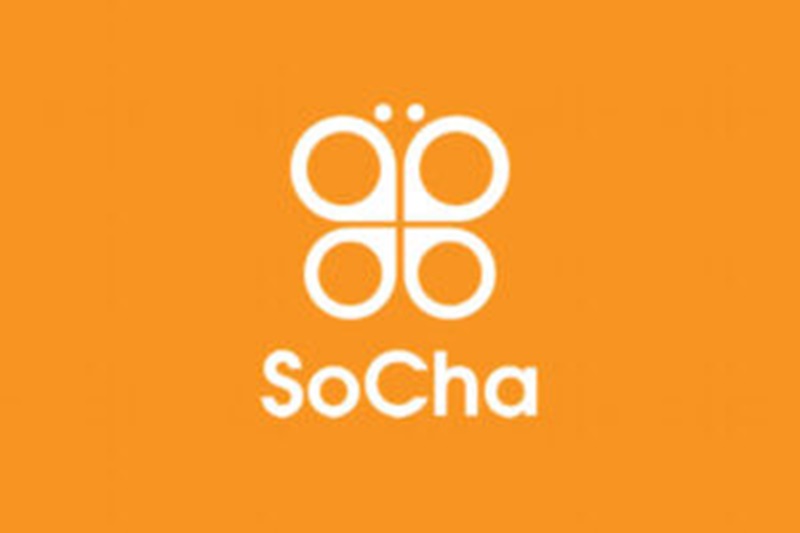La MONUSCO/MONUC a été créée en 1999 sous les auspices du Département des opérations de maintien de la paix de l’ONU (DPKO). La RCS 2277 (2016) demande à la MONUSCO de soutenir les efforts du gouvernement de la RDC en faveur de la protection des civils, par une approche globale impliquant toutes les composantes de la MONUSCO, y compris par la réduction de la menace posée par les groupes armés congolais et étrangers et de la violence contre les civils, y compris la violence sexuelle et sexiste et la violence contre les enfants, à un niveau qui peut être géré efficacement par les institutions de justice et de sécurité congolaises ; et de soutenir la stabilisation par la mise en place d’institutions étatiques fonctionnelles, professionnelles et responsables, y compris les institutions de sécurité et judiciaires. Le projet vise à mieux comprendre les violations les plus graves du droit des droits de l’homme et du droit international humanitaire en RDC et à soutenir le leadership de la Mission par le biais d’une politique et d’une prise de décision éclairées sur le futur vetting des forces de sécurité par le biais de l’évaluation et de l’atténuation des risques, de la planification conjointe des opérations de la MONUSCO, ainsi que des efforts de plaidoyer.
Contexte
Assignment is non-family (GOMA)
Description de la tâche
Under the direct supervision of Chief of Integrated Mission Training Centre (CIMTC) the UN volunteer will undertake the following tasks: • Coordinate the preparation of mission annual training budget; • Monitor the effective implementation of mission training budget; • Receive, screen and process training requests and ensure that requests are in line with approved budgetary allocations and mandatory training compliance; • Update sections frequently on existing balances; • Ensure Key Performance Indicators (KPI) of budgetary expenditures are fully met; • Create budget related transactions and process speedy payments to vendors; • Follow up with staff members for the full submission of post training documents and payment requests and ensure that vendors receive their payment on time; • Prepare end of budget cycle performance report in conjunction with budget unit for timely submission to UNHQ; • Draft routine correspondences in response to enquiries and relevant administrative, financial audit and personnel matters; • Coordinate with section chiefs in the review of training budget projections; • Compile and maintain records of administrative instructions, external and internal training documents and policies on training; • Coordinate the procurement of training services, prepare consultants/trainers’ e-MOPs, attendances, e-Requests for equipment and supplies; • Compile, report and submit monthly training statistics to mission management and ITS/UNHQ; • Undertake all Umoja transactions for training services in the appropriate enterprise role; • Coach/mentor IMTC staff on training budget monitoring, processing and payment of training, report preparation and relevant administrative work; • When working with (including supervising) national staff or (non-)governmental counterparts, including Implementing Partners (IPs), the incumbent is strongly encouraged to set aside dedicated time for capacity development through coaching, mentoring and formal and on-the-job training; • Any other related duties as requested by the supervisor.
Critères d’éligibilité
Âge
27 – 80
Nationalité
Le candidat doit être un ressortissant d’un pays autre que le pays d’affectation.
Exigences
Expérience requise
3 années d’expérience en Administration or Budget
Domaine(s) d’expertise
Administration
Permis de conduire
Required Requis
Langues
English, Niveau: Fluent, Requis French, Niveau: Working knowledge, Souhaitable
Niveau de formation requis
Bachelor degree or equivalent en Administration or Budget
Compétences et valeurs
Professionalism Integrity Respect for diversity and gender Communication Teamwork
Autres informations
Conditions de vie et remarques
The Democratic Republic of Congo is the second largest country in Africa, and as a result is quite diverse. Living conditions therefore vary between MONUSCO duty stations, with all usual amenities present in the capital Kinshasa, but only very basic conditions in remote duty stations in the provinces, where, for instance, there may be no guarantee of public power supply nor running water. The ability to live and work in difficult and harsh conditions of developing countries is essential. Accommodation is very expensive in both Kinshasa and Lubumbashi. Supermarkets exist in the large towns (e.g. Bukavu, Kisangani), but consumer items are generally very expensive (as everything is imported). For food, local markets offer a much cheaper alternative. All MONUSCO duty stations are considered non-family duty stations, except for Kinshasa, Lubumbashi and Entebbe which are now considered family duty stations, and most are currently under UN Security Phase III (“relocation phase”: internationally-recruited staff are temporarily concentrated or relocated to specified sites/locations). In addition to insecurity related to the relatively volatile political situation as well as various conflict situations, certain places are subject to increasing street and residential crime, including in Kinshasa and Goma. Some degree of medical service is provided in all MONUSCO duty stations. Certain vaccinations are mandatory for MONUSCO personnel to enter the DRC, while others are compulsory for all other incoming persons. It is possible for incoming MONUSCO personnel, including UN Volunteers, to be asked to provide proof of some or all vaccinations, though this is unlikely. All UN Volunteers must ensure that they are up-to-date with all appropriate vaccinations, which should be clearly and properly endorsed in the International Certificate of Vaccination (“carte jaune”). Malaria is present virtually throughout the DRC, and it is therefore recommended to take prophylaxis. The unit of currency is the Congolese Franc. The US dollar is the other preferred currency. It may be impossible to exchange traveller’s checks away from the capital city. Credit cards are usually accepted in major hotels only in Kinshasa. In larger towns and cities (e.g. Kinshasa, Goma, Bukavu, Kisangani), UN Volunteers are recommended to open US Dollar bank accounts, while in other places, banks may be absent (including ATMs) and VLA payments will be processed in cash. UN Volunteers have the possibility to send part of their allowances to a bank account abroad. In addition to French, there are four major spoken languages in DRC, namely Lingala, Kikongo, Tshiluba and Swahili.
Déclaration d’inclusivité
Le programme des Volontaires des Nations Unies est un programme d’égalité des chances qui accueille les candidatures de professionnels qualifiés. Nous nous engageons à atteindre la diversité en termes de sexe, de soins et de caractéristiques protégées. Dans le cadre de leur adhésion aux valeurs du programme VNU, tous les Volontaires des Nations Unies s’engagent à combattre toute forme de discrimination, et à promouvoir le respect des droits de l’homme et de la dignité individuelle, sans distinction de race, de sexe, d’identité de genre, de religion, de nationalité, d’origine ethnique, d’orientation sexuelle, de handicap, de grossesse, d’âge, de langue, d’origine sociale ou de tout autre statut.
Note sur les exigences en matière de vaccination Covid-19
Les candidats sélectionnés pour certains groupes professionnels peuvent être soumis à des exigences d’inoculation (vaccination), notamment contre le SRAS-CoV-2 (Covid-19), conformément à la politique de l’entité hôte applicable.





